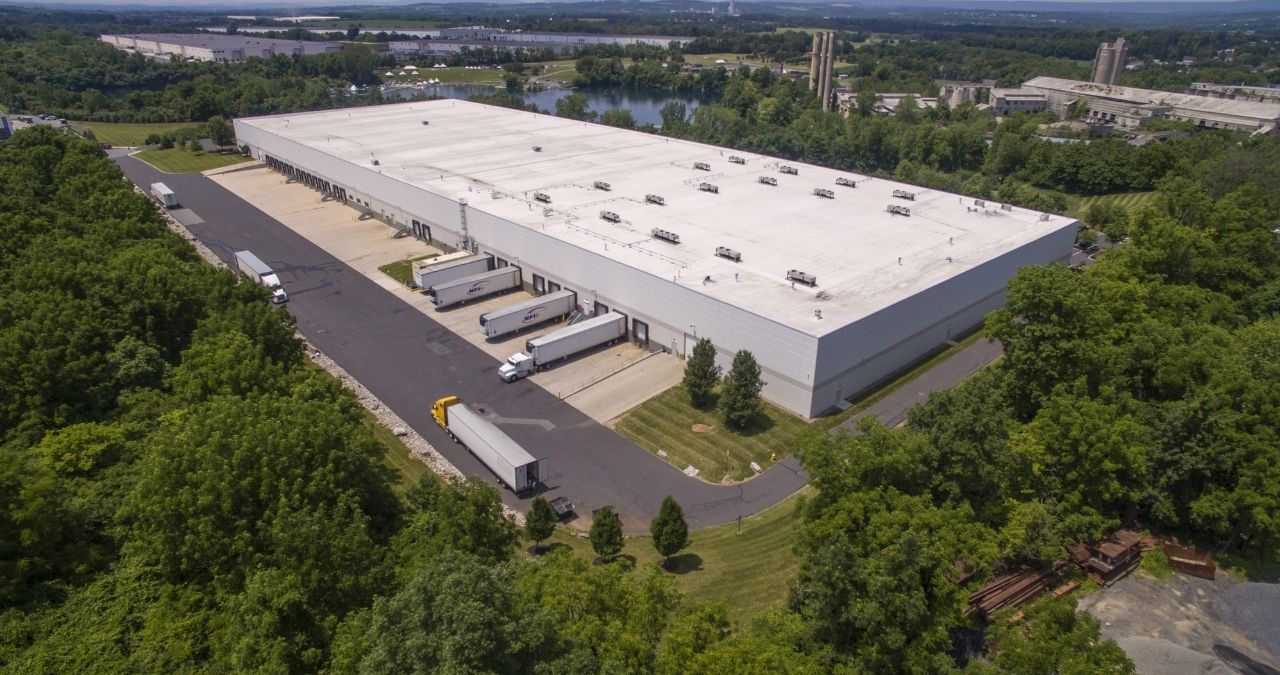
Unless your name is Santa, behind every smiling delivery person is a complex, intense logistics network and system, backed by serious hardware and software systems. These networks involve both a fulfillment center and a distribution center. They are responsible for keeping our product delivery promises. Although the two seem similar, there are differences.
Distribution Center vs Fulfillment Center
Fulfillment Centers (Fulfillment Warehouses)
Fulfillment centers belong to the companies that supply goods to end-users, or retailers we buy from. Some companies choose to outsource the order fulfillment process to a specialized fulfillment company. Goods arrive at a fulfillment center in shipping containers or wrapped on pallets, where they are then stored until required. Once the fulfillment center receives an order, they will then pick, pack, and dispatch orders in line with the client’s specifications. The fulfillment center will hand the goods over to a designated delivery company such as FedEx, USPS, DHL, and UPS. These delivery companies cater for multi-channel deliveries including government departments, retailers, and residential deliveries.
An inventory management software system will record the arrival and departure of products from the fulfillment center. When an agreed level of stock has been sent out, the system will alert fulfillment warehouse management teams to order more from their supplier. The system will also keep track of dispatched orders and record the delivery details.
Fulfillment centers have gone from being simple warehouses to playing an increasingly important role in streamlining and managing the costs of the supply chain on behalf of the clients. This is done by offering multi-party logistics – up to five party logistics services (5PL) where they combine the same product orders for multiple clients to negotiate bulk shipping rates for example.
Distribution Centers
Distribution centers do in part play a warehousing role in various stages of the supply chain. However, they do not deliver directly to customers. The core function of a distribution center is to act as a redistribution point for the distribution of products. Distribution centers arrange transshipment. Therefore, as goods come in on one route with one shipping company, they will off-load and reload goods onto a truck going in a different direction to the one they came in on.
Retail chains make good use of distribution centers to get goods and groceries to all of their stores. In this regard, the distribution center acts as a merchandise hub. Think of a bicycle wheel with the hub in the middle and the spokes pointing out in all directions. A merchandise hub will supply merchandise to all the retailer’s branches, in all directions, within a radius or region. This gives the retailers the advantage of not having to waste floor space for storing products. Retailers can then opt to rent smaller stores and display more goods for sale.
The store’s Point of Sale software (POS) will manage the in-store inventory levels of individual items and signal management when they need to replenish their stock. The frequency of replenishment orders being sent to the distribution center will depend on the lead time the center needs in order to make a delivery.
Summing up
A supply chain typically makes use of both distribution and fulfillment centers. A distribution center is a hub where bulk products are temporarily stored before being transhipped or changing their mode of transport. Unlike fulfillment centers that complete multi-channel deliveries, distribution centers do not deliver to end-users. In the modern world of e-commerce, virtual retailers rely heavily on fulfillment centers, whereas brick and mortar retailers depend on both.
Additional Reading: Meet the robots inside Amazon’s fulfillment centers
Nebraska Warehouse One-Stop-Shop | Technology Enabled 3PL Value-Added Services Warehouse | Freight Broker | Logistics
Nebraska Warehouse doesn’t just help to facilitate your shipments, but we are truly a one-stop-shop solutions provider. Our services include:
-
- Professional Storage Development and Management
- Quality controlled Environment
- Responsive, Personal Customer Service
- Reasonable Price
- Real Estate Development and Management
- LTL & FTL Shipping
- Refrigerated Trucking & Storage
- E-Technology Software
- Transportation Freight
- Dedicated Contract Warehousing
- 3PL Public Warehousing
- 3PL Specifications
